
UConn’s journey toward clean energy and sustainability is fortified by the exceptional progress highlighted in a special feature by UConn Today. This collective movement, championed by UConn and Connecticut leaders, scholars, innovators, and passionate individuals, is driving us closer to a future propelled by clean energy and a resilient environment.
Through collaboration, research, and transformative initiatives, we’re moving forward on multiple fronts. Our environmental scientists, engineers, and collaborators in the social sciences and humanities are together crafting solutions for energy reliability and community resilience. Our interdisciplinary partnerships with industry leaders, government bodies, and educational institutions are fostering groundbreaking research in areas like decarbonization, sustainable aviation, and storage.
Moreover, we’re acting locally by making our Storrs campus carbon neutral by 2030. Our educational approach empowers students to tackle emerging challenges with mastery and innovation, ensuring the next generation continues to shape a more sustainable world.
Together, our collective efforts not only signify our dedication to change but also represent a beacon of hope for a greener, more sustainable future.
Read the UConn Today article for a deeper look: https://today.uconn.edu/2023/08/clean-energy-sustainability/





 We are thrilled to announce that our Human Rights faculty recently published book chapters as part of the volume Teaching Business and Human Rights, edited by Dr. Anthony Ewing.
We are thrilled to announce that our Human Rights faculty recently published book chapters as part of the volume Teaching Business and Human Rights, edited by Dr. Anthony Ewing. 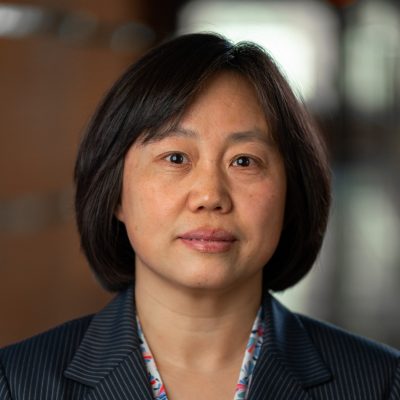
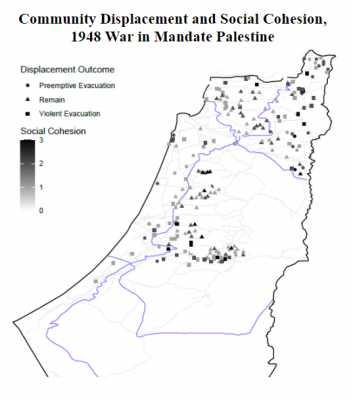
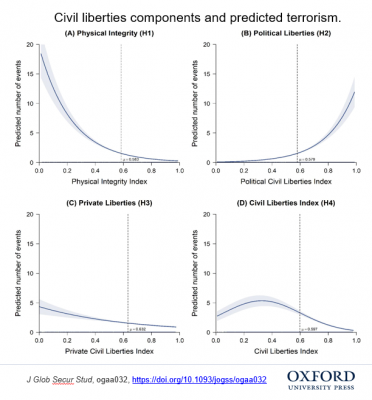
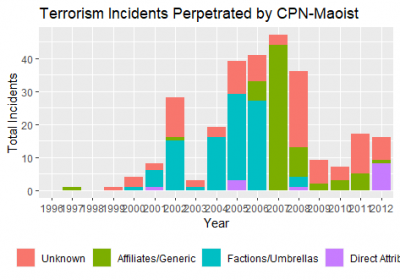
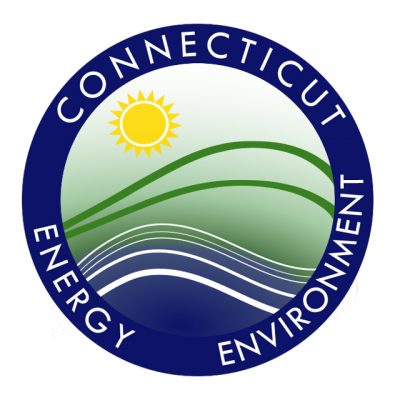 The Connecticut
The Connecticut 